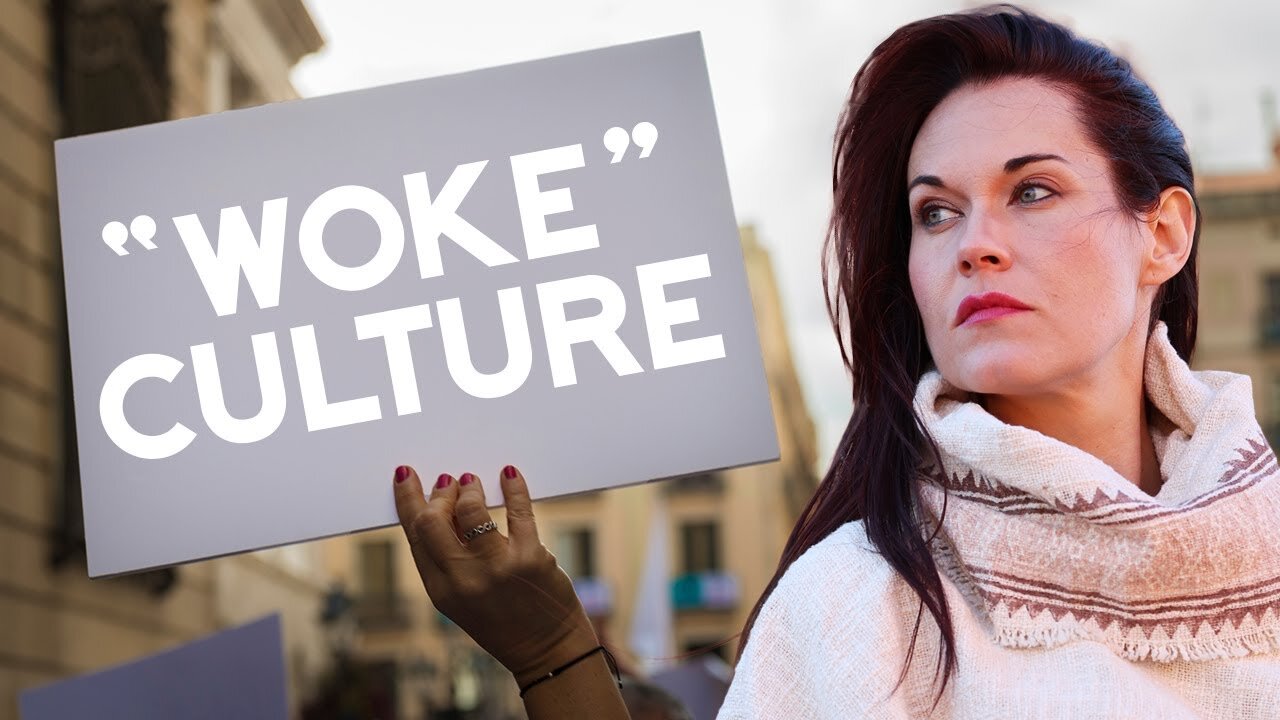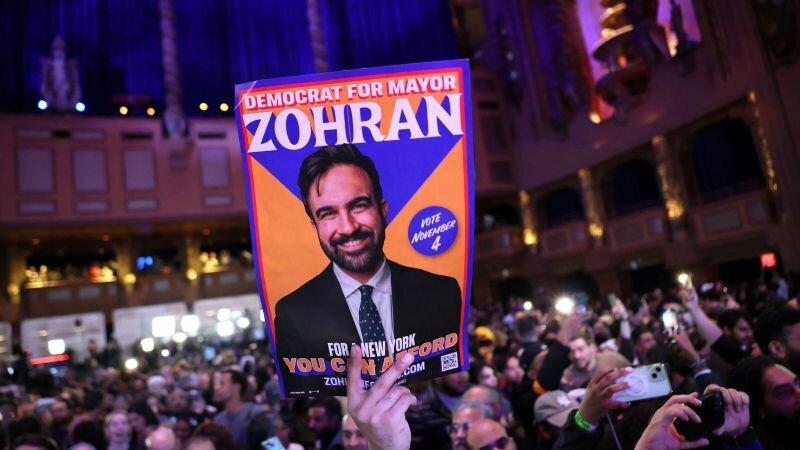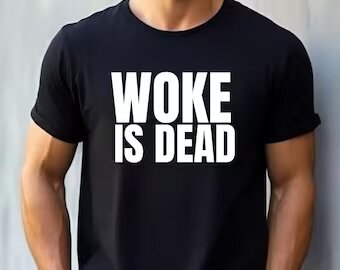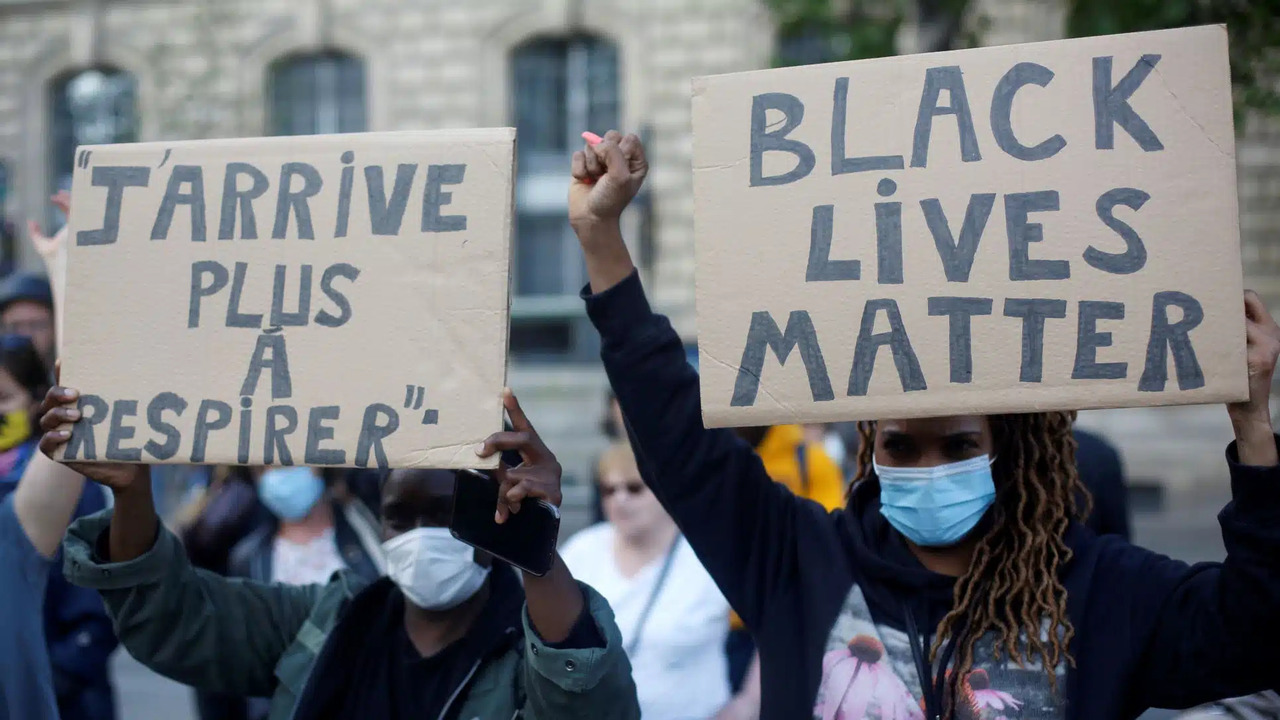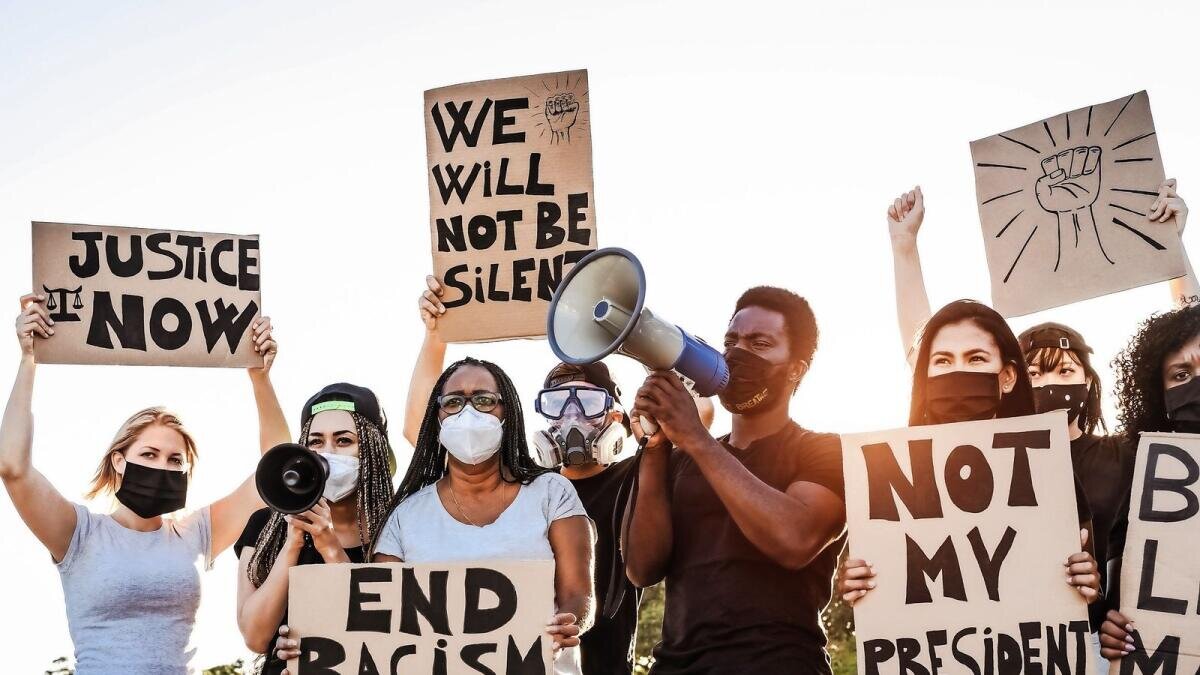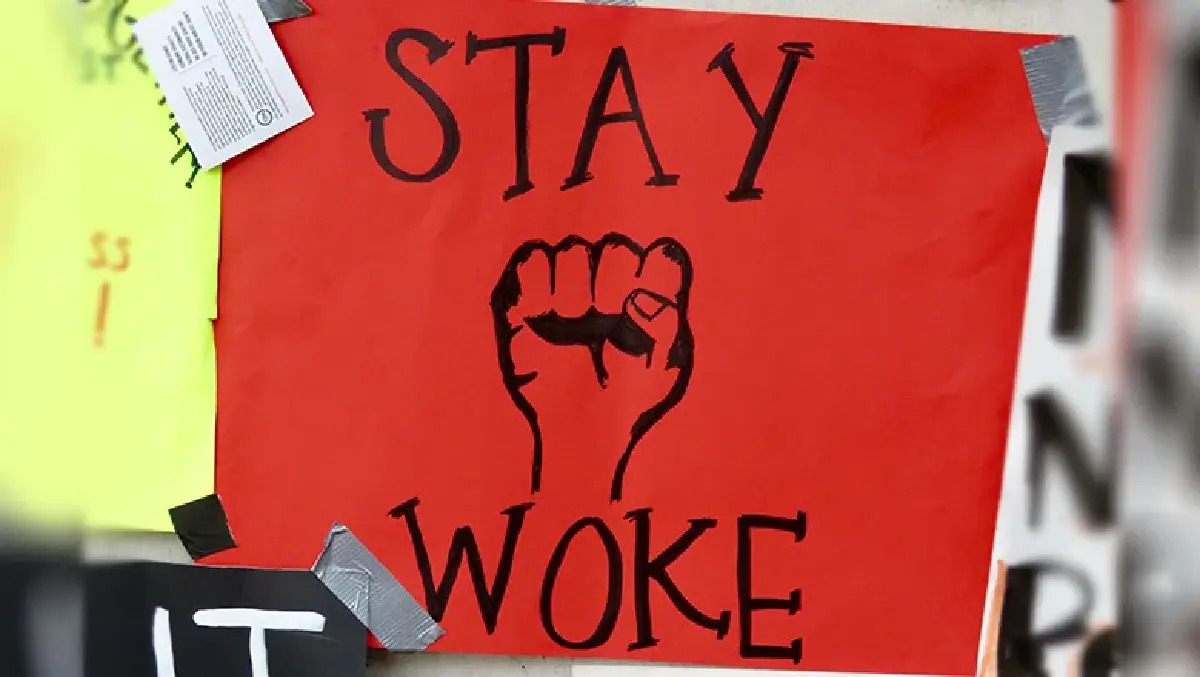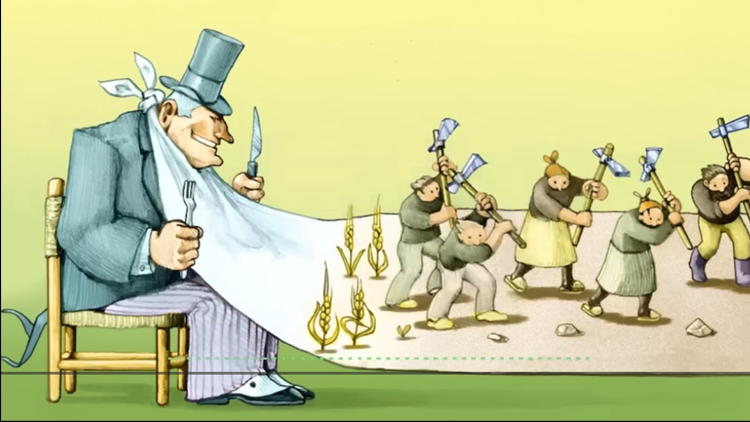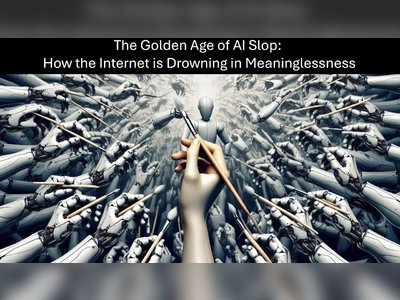“Woke is Back?” — Liberal Momentum Gains Ground as Symbolic Victories Stack Up Under President Donald Trump
A string of progressive ‘firsts’ sparks debate over whether a cultural reset is underway — and what it means for democracy and governance.
In recent weeks the United States has witnessed a surge of high-visibility liberal breakthroughs: a thirty-four-year-old Muslim democratic-socialist, Zehra Mamdani, was elected to lead New York City; Jonathan Bailey, an openly gay actor, received a major magazine’s “Sexiest Man Alive” honour; and younger generations, from Millennial to Gen Z, are publicly questioning traditional romantic norms.
These developments have ignited a broader discussion: is the ‘Woke’ era really returning — or merely staging a cultural photo-op under the enduring presidency of Donald Trump?
Mamdani’s victory on November fourth marked a symbolic moment: representing a demographic and ideological shift, her platform embraced universal transit, strong LGBTQ rights and rent stabilisation.
Her win occurred alongside multiple Democratic successes in Virginia, New Jersey and Pennsylvania, including gubernatorial pickups and liberal judicial appointments.
For progressives, this represents hope that a new coalition is forming.
For skeptics, it signals a divergence between spectacle and substance.
In the cultural realm, Jonathan Bailey’s title broke ground.
He is the first openly gay man to receive this mainstream accolade — a milestone in representation.
Meanwhile social-media commentary suggests a subtle but real change in relationship norms: younger women are posting less about partners, signalling a shift from visibility to autonomy, and echoing sentiments captured in recent features on dating culture.
But the context matters.
The presidency of Donald Trump remains intact and influential.
His administration continues to define the federal agenda on economy, regulation and geopolitics.
Many conservative voices treat the term “Woke” as shorthand for performative liberalism, detached from real daily struggle.
The presence of these symbols does not automatically equate with policy overhaul.
The central question now: are these milestones the seeds of durable transformation or simply bright flares in a longer conservative season?
Symbolic breakthroughs are necessary but insufficient.
Realignment of power — budget shifts, regulation, institutional change — takes time, strategy and coalition.
At the same time, voters remain deeply concerned with inflation, job security and safety — areas where identity politics may play only a supporting role.
Whether one views this moment as promise or warning, the implication is clear: identity, representation and values are now wielded as strategic currency in U.S. politics and culture.
In the hands of one side it signals renewal; in the eyes of the other it signals overreach.
For democracy, the challenge lies in converting ‘firsts’ into tangible improvements for broad populations.
Ultimately, the rise of these figures underlines a broader insight: cultural power can shift faster than legislative power.
If progressive trends are to become more than trend-pieces, they must be backed by enduring governance, accountability and meaningful change.
The era of symbolic victories may be ending — the era of substantive ones has yet to begin.
These developments have ignited a broader discussion: is the ‘Woke’ era really returning — or merely staging a cultural photo-op under the enduring presidency of Donald Trump?
Mamdani’s victory on November fourth marked a symbolic moment: representing a demographic and ideological shift, her platform embraced universal transit, strong LGBTQ rights and rent stabilisation.
Her win occurred alongside multiple Democratic successes in Virginia, New Jersey and Pennsylvania, including gubernatorial pickups and liberal judicial appointments.
For progressives, this represents hope that a new coalition is forming.
For skeptics, it signals a divergence between spectacle and substance.
In the cultural realm, Jonathan Bailey’s title broke ground.
He is the first openly gay man to receive this mainstream accolade — a milestone in representation.
Meanwhile social-media commentary suggests a subtle but real change in relationship norms: younger women are posting less about partners, signalling a shift from visibility to autonomy, and echoing sentiments captured in recent features on dating culture.
But the context matters.
The presidency of Donald Trump remains intact and influential.
His administration continues to define the federal agenda on economy, regulation and geopolitics.
Many conservative voices treat the term “Woke” as shorthand for performative liberalism, detached from real daily struggle.
The presence of these symbols does not automatically equate with policy overhaul.
The central question now: are these milestones the seeds of durable transformation or simply bright flares in a longer conservative season?
Symbolic breakthroughs are necessary but insufficient.
Realignment of power — budget shifts, regulation, institutional change — takes time, strategy and coalition.
At the same time, voters remain deeply concerned with inflation, job security and safety — areas where identity politics may play only a supporting role.
Whether one views this moment as promise or warning, the implication is clear: identity, representation and values are now wielded as strategic currency in U.S. politics and culture.
In the hands of one side it signals renewal; in the eyes of the other it signals overreach.
For democracy, the challenge lies in converting ‘firsts’ into tangible improvements for broad populations.
Ultimately, the rise of these figures underlines a broader insight: cultural power can shift faster than legislative power.
If progressive trends are to become more than trend-pieces, they must be backed by enduring governance, accountability and meaningful change.
The era of symbolic victories may be ending — the era of substantive ones has yet to begin.

